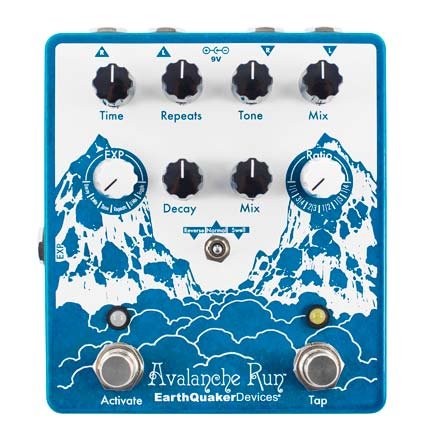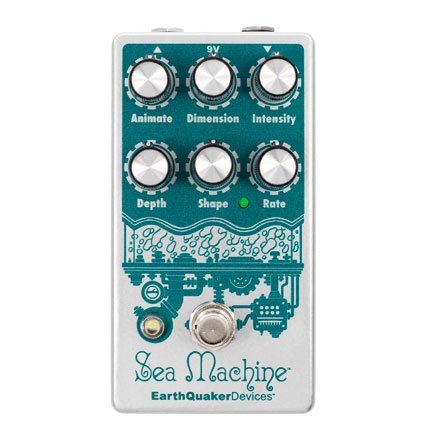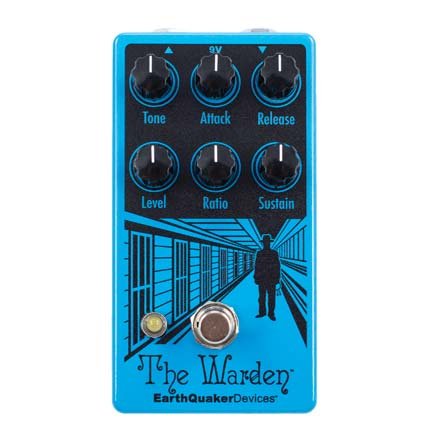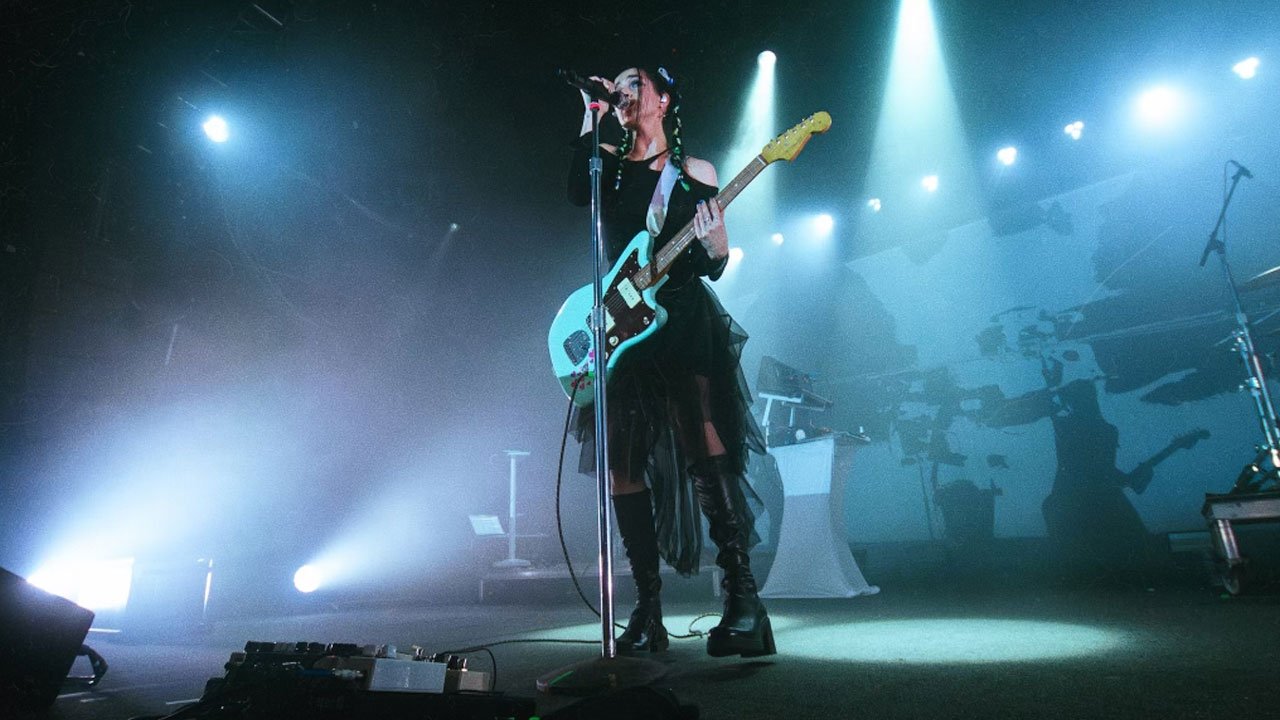Emily Retsas : From Subtle to Seismic With Phoebe Bridgers and Kim Gordon
Jon D’Auria
Even despite the unrelenting complications of the past year, Emily Retsas has been on a hot streak that she never would’ve fathomed growing up in her tiny South Australian hometown. The hardworking first-call bassist has been on the rise since she relocated to Los Angeles in her 20’s and quickly landed gigs backing the likes of Fiona Apple, Shirley Manson of Garbage, Jenny Vee, Boygenius and Better Oblivion Community Center. Most recently, she’s been in the spotlight as Phoebe Bridger’s go-to low ender, a gig that she’s held since early 2018, and backing up her idol and inspiration for picking up the bass, Kim Gordon.
It might seem like a hard contrast jumping from the nuanced and often melancholic crooning of Bridgers to the hard-rocking, decibel-pushing sound of Gordon. But it’s no problem for Emily, who cites everything from ‘90s grunge to Paul McCartney to Radiohead as musical influences. And thanks to her well-equipped pedalboard; featuring the EarthQuaker Devices Avalanche Run Stereo Reverb & Delay, Sea Machine Super Chorus, The Warden Optical Compressor, along with Electro-Harmonix Mini POG, and the Devi Ever Wolf Bass Fuzz, she has everything she needs to cover any sonic situation she finds herself in.
After the long drought of the lockdown, Emily’s big return to the stage came when Bridgers served as the musical guest for the February 6th episode of Saturday Night Live. The band delivered powerful and emotionally charged versions of “Kyoto” and “I Know The End,” the latter of which Emily recorded bass on for Bridger’s critically acclaimed 2020 album Punisher. Excited to resume her touring life on the road and for a bit of normalcy to resume, Emily is poised for bigger stages and a bigger spotlight as her prolific streak continues.
Photo by Ian Laidlaw.
You had a wild start to the pandemic in early 2020, to say the least.
I was out on the road with Kim Gordon for the first run of her festival and promo tour for her album [No Home Record, 2019] with shows in Los Angeles, London, and Paris lined up. By the time we hit London, people were starting to agree that COVID-19 was a thing that we should maybe be worried about. We got to France to play on a TV show, and right after that performance, I was supposed to hop on a plane to fly to Australia for some shows with Phoebe. When I got off stage, I was alerted that not only had those concerts been canceled, but also Paris was going on lockdown the next day, so we had to leave immediately. I needed to renew my visa, so I went to Australia regardless. Unfortunately, they had already closed the consulates when everything else locked down, so I was stuck there for a month and a half. Finally, I made my way back to LA, but now I’m stuck here because of my visa situation.
It’s a good thing you got back to LA, as you’ve had a lot of big things happen since your globetrotting lockdown debacle.
Oh definitely. When I was stranded in Australia, it was nice to be home with my parents, as that was the longest time I had spent there in over 10 years. It’s a beautiful place and a small community of only around 200 residents, but I was in a tough position where I was either going to have to stay there for an indefinite amount of time or go back to LA to sort out my visa. I’m so thankful that I did and for the opportunities I’ve had with both Phoebe and Kim.
How did you land the bass role with Kim Gordon?
Yves Rothman is Kim’s musical director, and we have a mutual friend in drummer Rhys Hastings (Angel Olsen, Yves Tumor), who recommended me. Yves reached out to ask if I wanted to play with Kim, and of course, I said yes. She’s one of my musical idols and part of the reason why I started playing bass. Thankfully the dates worked out with Phoebe’s touring schedule to take the gig. It was such an honor to be asked to play with her. I would never think that Kim Gordon would ever be looking for a bassist, but I was more than happy to step in.
Was there a little more pressure walking into that role, being that she’s an influential player herself?
She’s an amazing all-around artist and has a great overall direction of what she wants, which is really helpful when you’re stepping into someone’s artwork and trying to represent that the best you can. She’s such a lovely person, and she made it so easy. I love her music and being surrounded by so many other great musicians. There was a somewhat apocalyptic feeling that the world was kind of ending at the time, so I tried to enjoy every single moment of it.
Did Kim give you input on the bass playing, or did you strictly replicate her work on the album?
The record is really bass-heavy, and most of the songs have the bass and vocals as the driving force. The rhythm section is really prominent, and then there’s this great layering and texturing that happens with all of the guitars, keys, and pads. I did my best to really nail what was on the record. As we brought it to rehearsals, she and Yves created a structure for it to translate to the live setting as best as possible.
What’s your pedal setup for that gig?
Funny enough, I used two of the main pedals that I use when I play with Phoebe, which you really wouldn’t think would work in listening to both of their music. Phoebe mixes soft and loud tones really well, and she has an amazing way of creating builds within her songs. I played around with the settings of my Devi Ever Wolf Bass Fuzz and my Electro-Harmonix Mini POG to use it for Kim’s music. The only additional pedal I brought in was my Avalanche Run Delay, because there are some really dreamy moments that happen in Kim’s music that called for it. I tried not to go too crazy, but I managed to get the sounds that I needed.
Your first big show back from lockdown was performing with Phoebe Bridgers on SNL. What was that experience like?
It was amazing, although every time I play with Phoebe is amazing. I get lost listening to her music, and I forget that I’m actually playing it because it’s such an emotional thing to be a part of. It was just great to hang with my friends again and be a part of such a wonderful album. It was no surprise to me that she would be playing on SNL, and I assume she’ll be on there many more times to come. It was an honor to be a part of such a milestone for her.
How different is playing television versus playing on a normal stage?
It’s a lot different. SNL has a time restriction, so we had to cut a whole verse of one of the songs, so in that respect, it was the first time we had ever played the songs that way. We’re so used to playing things as you hear them on the album during our shows, but Phoebe is a great musical director and has such a good ear for what will work. We went into rehearsals and made adjustments regarding harmonies and arrangements that helped the songs to translate for the show. Playing to a TV studio audience that was seated was an interesting thing too. There is always extra pressure when you’re playing on live TV, and also, it was at midnight, which is way past my usual bedtime. I managed to stay awake.
It was an epic surprise when Phoebe smashed her guitar after “I Know The End.”
I knew that was coming because we have to go over everything in rehearsals because it’s filmed live. And obviously monitors don’t usually explode like that, so there was some pyrotechnics involved. She’s as funny as she is talented, and she’s always willing to poke fun at the zeitgeist of the rock n’ roll cliché. The guitar is actually being auctioned off for a great cause at the moment, which is a wonderful thing. [Update: it sold for $101,500 with all proceeds donated to the GLAAD Organization]
Hopefully, that silenced the many people online who got upset over her smashing it.
I think people have just been inside for too long. The funny thing is that a musician had thrown their guitar offstage the week before we did the show and it presumably got smashed as well. Musicians have been smashing their gear for many a year, and I don’t know what it is about a woman doing it that makes people so angry. I think we all need to get outside and go for a walk or something.
You played on the song “I Know The End” from Phoebe’s recent album Punisher, which has a great bass line. How did you come up with that?
The producer Tony Berg did a really cool thing where he de-tuned the bass, and then we recorded it twice, which gave it a haunting effect. Jenny Lee Lindberg from Warpaint played on it too, so there are two bassists on that song. I play the beginning, and she plays at the end. I’m really proud of that bass line, and the track is just beautiful overall. The meaning that that song has taken on has made it a real highlight for me.
Phoebe utilizes so much restraint and subtlety in her writing. What’s it like playing bass on her music?
Phoebe is such a varied songwriter, and that’s a testament to her music taste and her skill as a writer. She can translate so much through so many different genres. I go from imitating an upright bass to playing a super fuzzy Nirvana-type line to some melodic, poppy parts. Sometimes there’s synth, which has been fun to bring into the mix lately. I added a Moog 37 Sub to my live setup, which has been a blast to play.
Photo by Isabella Bullz.
Are you totally comfortable playing synth? That can be a big jump from the electric bass.
I actually played piano before I ever played bass, so it’s really natural to me. When I told my dad that I wanted to stop playing piano, he was ok with it because I told him I was going to play bass. I just had to stick with it. I love having that as part of my stage setup because it really adds another element to the band.
How has your gear setup changed recently?
I used an Ampeg rig for the Kim Gordon gig, which was fun because I usually play a Fender Bassman for all of Phoebe’s stuff. I’ve been playing my Sea Machine a ton lately on a bunch of sessions and just on my own. I don’t get to use it live a ton, but when it comes to songwriting, that’s a major tool for me.
When you get a new pedal, what’s your process for finding the sounds you ultimately end up using?
There are usually great demos on YouTube that I watch endlessly. I love the Board to Death series, which I was so grateful to be a part of. I had watched every single one before they had even called me to do it. You can learn so much from seeing other players’ Rig Rundowns and pedal reviews to see the settings that they’re using and how they’re using it. From there, I tweak it to how I want it to sound for what I’m going for. I usually find that less is more, and not going too far on the settings is often enough. Really, I love just plugging pedals in and playing around.
Header photo by Ben McGee.
Jon D'Auria has been in music journalism for over 16 years as an editor, columnist, staff writer, photographer, web editor, and gear editor. He has conducted over 400 interviews and has been lucky enough to connect with most of his bass heroes. When he's not writing, he keeps busy gigging, running, reading, hanging out with his two huskies, and attempting to teach his toddler slap bass.










